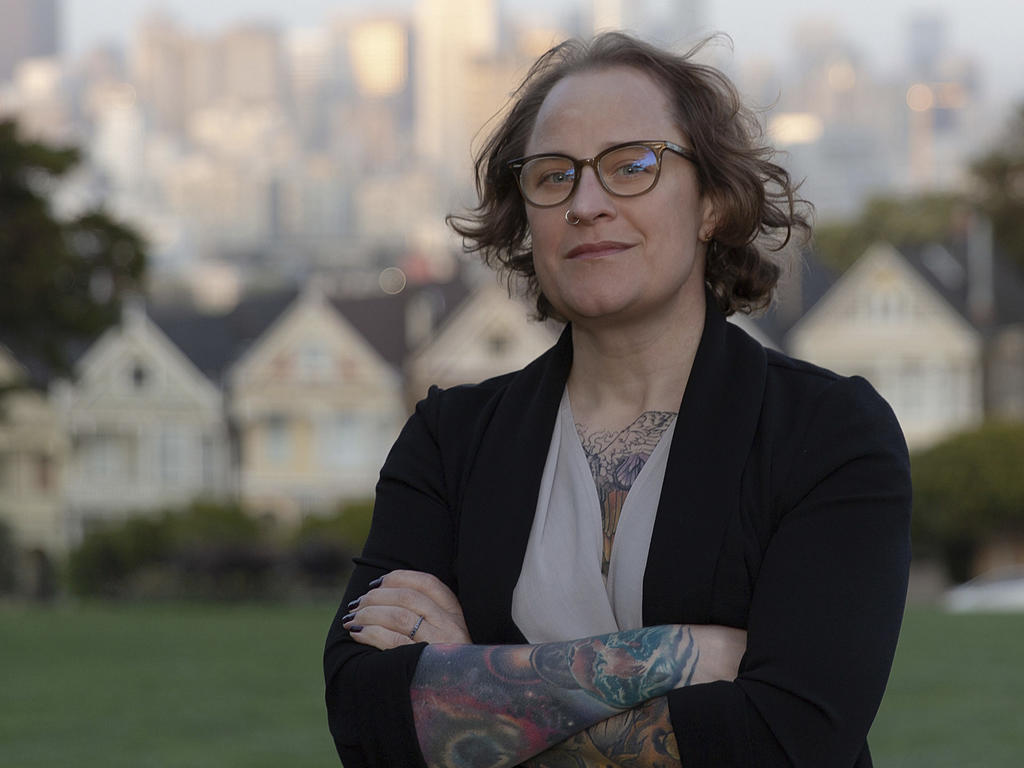Dr. Marion Lang, assistant professor of computer science at Rhodes College, has been awarded a one-year visiting research scientist position at Google in Sunnyvale, CA. Lang is working with the distributed data processing and analytics group, which builds large, Google-scale distributed data processing systems.
Google’s Visiting Researcher program fosters collaboration between college faculty and Google engineering. Faculty can leverage Google’s computing infrastructure to explore research problems at scales not found in academia, and Google benefits from the infusion of research ideas and experimental work.
In today’s digital word, data is being generated at unprecedented rates. Web activity, social networks, scientific sensors, financial markets, cellular networks, GPS devices, and many, many other elements are sources of continuously generated data. Even simple, everyday activities result in the creation of a huge amount of data.
According to Lang, 4 billion Google searches are served and 100,000 hours of video are uploaded to YouTube in a single day. “Scientists and data analysts want to be able to ask questions about these continuous sources of data; they want to be able to aggregate and extract meaning about what is happening right now,” she says.
In order to analyze these enormous volumes of data at the rate they are being generated, data analysis applications must be able to scale beyond a single computer. A single conceptual application may require tens to tens of thousands of individual computers, and it must have high enough performance that the results of analysis are available with minimal delay, which is described as low latency.
Lang’s research at Rhodes involves how to build these types of systems, specifically using extremely high-performance networks to create novel architectures for low-latency distributed data analysis frameworks.
“I came to Rhodes a few years ago because I loved the balance between research and teaching that Rhodes emphasizes,” says Lang. “I’m grateful to Rhodes for the ability to take this time away to do computer science research at industry scale and am excited for the opportunity to strengthen my—and Rhodes’ computer science department’s—connection to Google.”
